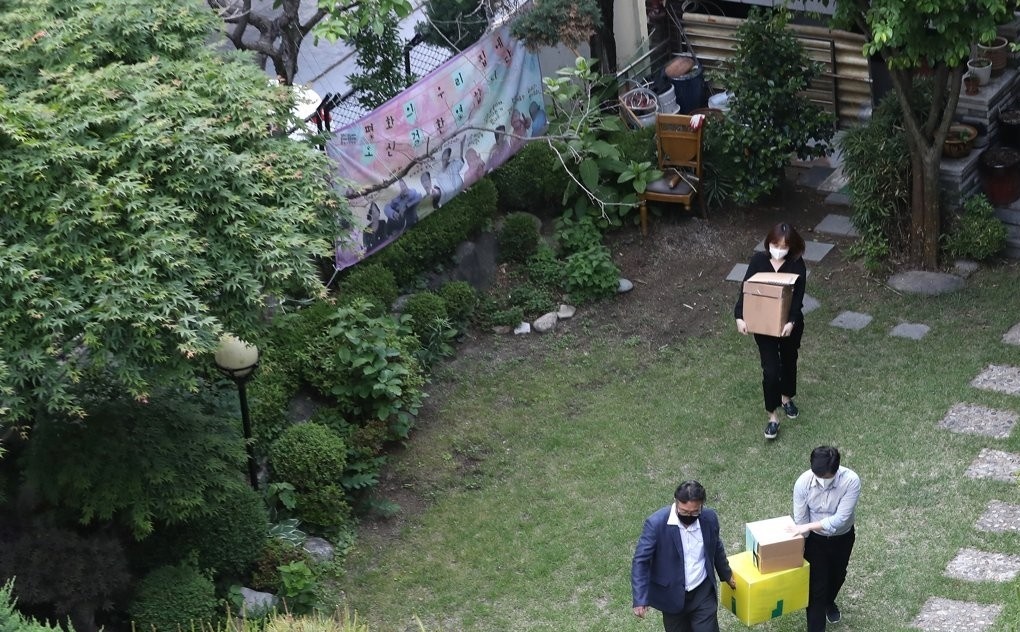Head of shelter for S. Korean 'comfort women' found dead: police DATE: 2024-09-20 06:41:23

PAJU -- The head of a shelter for surviving victims of Japan's wartime sexual slavery has been found dead, police said Sunday.
The 60-year-old head of the shelter run by the Korean Council for Justice and Remembrance (KCJR), a NGO working for South Korea's "comfort women," was found dead at her apartment in Paju, north of Seoul, according to police officials.
Comfort women is a euphemism for the victims who were forced to work in Japanese front-line brothels during World War II when Korea was a Japanese colony. The shelter in question is located in the district of Mapo, western Seoul.
The death comes amid an on-going controversy at the KCJR, sparked by a prominent victim's allegation last month that a former chief of the group misused donations and exploited the victims for her political ambitions.
The former leader, Yoon Mee-hyang, won a seat in the National Assembly in April. Prosecutors have launched an investigation into the scandal and raided the shelter, as well as the KCJR office and its affiliated museum, last month.
The head of the shelter reportedly told those close to her that she was going through a hard time after the prosecution raid.
"There was no evidence of breach from outside. At this point, there are no suspicions of homicide," police said.
Investigators said they will decide whether to do an autopsy after consulting with the family.
Yoon later expressed her anger toward prosecutors and reporters on her Facebook page. She visited the shelter after hearing about the death of her KCJR co-worker.
"Reporters broadcast live with cameras and reported as if the shelter is a den of thieves," she wrote.
"It would have been really exhausting for her to deal with that pressure and feeling of guilt even though she was never a criminal."
Lee Na-young, current head of the KCJR, made a statement regarding the death of the shelter's head.
Lee explained that the shelter's late chief was with the place since 2004 and had worked selflessly for the heath and well being of the surviving victims.
"After the sudden raid by prosecutors, she felt as if her entire life was being denied and had confided to those close by of the mental pain she was suffering. She had been living day by day anxiously amid the phone calls pouring in, ringing of doorbells and constant camera flashes," Lee told reporters in front of the shelter in Mapo.
Lee then asked reporters to stop what she described as "indiscriminate coverage competition" and to calmly reflect on the life of the deceased.
Hwang Sun-hee, a 61-year-old priest and son of surviving victim Gil Won-ok, said he was distressed by the death of the shelter's head, who took care of his mother for 16 years.
Seoul Western District Prosecutors Office, in charge of the KCJR case, expressed its condolences.
The office also said it was looking into the details surrounding the death, explaining that the deceased was not a subject of the investigation nor was she summoned by prosecutors.
South Korea currently has 17 surviving victims of the wartime sex slavery. Historians say that around 200,000 Asian women, mostly Koreans, were forcibly sent to front-line brothels to provide sex services for Japanese soldiers. (Yonhap)

